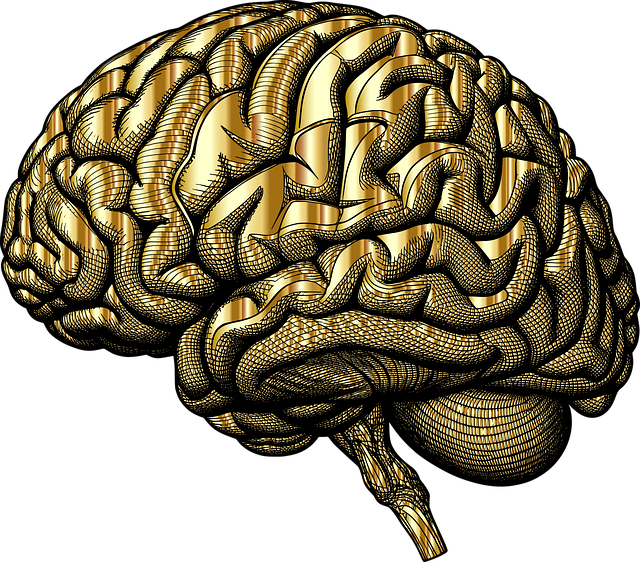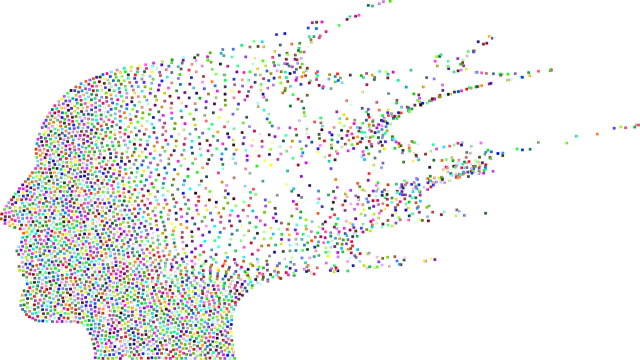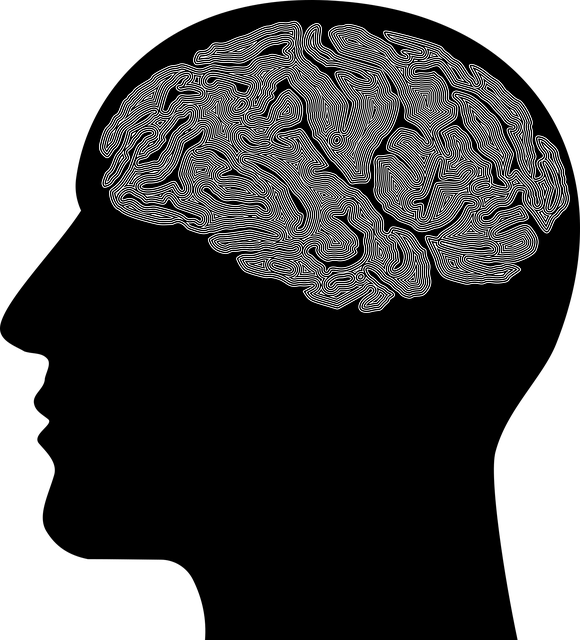Mental wellness in young adults is a critical phase marked by transitions, academic pressures, and identity formation. Studies show rising stress, anxiety, and depression among this group, with many potential undiagnosed cases of child abuse-related trauma. Unaddressed mental health issues can lead to daily functioning difficulties. Early intervention through therapy, especially compassion cultivation therapy, is vital for resilience against conditions like burnout or chronic mood disorders. Awareness and stigma reduction are key to creating a supportive environment. Therapy types like CBT and EMDR help process traumatic memories, while journaling exercises promote self-acceptance and understanding, fostering long-term mental wellness for those affected by child abuse.
Mental wellness is a cornerstone of overall health, especially for young adults navigating life’s challenges. This article delves into critical aspects of mental wellness promotion, focusing on its impact and potential strategies for resilience. We explore how therapy plays a pivotal role in healing from child abuse, offering insights into effective therapeutic approaches tailored for young adults. By understanding these elements, we aim to empower individuals with tools for long-term well-being.
- Understanding Mental Wellness and Its Impact on Young Adults
- The Role of Therapy in Healing from Child Abuse
- Strategies for Promoting Resilience and Long-Term Wellbeing
Understanding Mental Wellness and Its Impact on Young Adults

Mental wellness is a holistic state that encompasses emotional, psychological, and social well-being. For young adults, navigating this phase of life often involves significant transitions, academic pressures, career aspirations, and forming independent identities. Understanding mental wellness in this demographic is crucial as it significantly impacts their overall health and future trajectories. According to recent studies, young adults are increasingly experiencing heightened levels of stress, anxiety, and depression, many of whom may have underlying conditions that go undiagnosed or untreated.
The impact of unaddressed mental health issues can be profound, leading to difficulties in daily functioning, academic performance, and interpersonal relationships. Experiences such as child abuse or other traumatic events during adolescence can significantly contribute to these challenges. Early intervention through therapy for young adults is vital in fostering resilience, promoting healthy coping mechanisms, and preventing more severe conditions like burnout or chronic mood disorders from developing. Enhancing mental health awareness among this population and destigmatizing the search for support are key steps toward ensuring a healthier and more supportive environment for young adults to thrive.
The Role of Therapy in Healing from Child Abuse

Child abuse can have profound and lasting impacts on mental health, affecting individuals well into adulthood. Therapy plays a pivotal role in healing and recovery from such traumatic experiences. For young adults who have experienced child abuse, therapy offers a safe space to process their emotions, memories, and triggers associated with the trauma. It provides them with essential tools to navigate complex feelings, develop healthy coping mechanisms, and build resilience.
One effective approach is compassion cultivation therapy, which focuses on fostering self-compassion and understanding. This method encourages individuals to recognize that their experiences are valid and common, allowing them to challenge negative beliefs formed during abuse. Additionally, stress reduction methods can be integrated into therapy to help young adults manage the ongoing effects of trauma, promoting mental health awareness and overall well-being.
Strategies for Promoting Resilience and Long-Term Wellbeing

Promoting resilience is a key strategy for fostering long-term mental wellness, especially among young adults who may have experienced trauma or child abuse. Therapy plays a pivotal role in this process by helping individuals develop coping mechanisms and build inner strength to navigate life’s challenges. Through various therapy types, such as cognitive-behavioural therapy (CBT) or eye movement desensitization and reprocessing (EMDR), individuals can process traumatic memories and emotions, leading to improved emotional well-being promotion techniques.
In addition to professional therapy, self-awareness exercises and journaling are powerful tools for mental wellness journaling exercise guidance. Regular reflection through writing allows individuals to explore their thoughts and feelings, identify patterns, and gain insights into their experiences. This practice fosters self-acceptance and understanding, which are essential foundations for building resilience and overall emotional wellness promotion techniques. By combining therapy with these personal practices, young adults can develop a robust framework for maintaining mental health over time.
Mental wellness promotion among young adults is a multifaceted approach, especially considering the profound impact of issues like child abuse. Understanding mental wellness and its implications is the first step towards healing. Therapy plays a pivotal role in helping young adults navigate the complexities of their pasts and build resilience for a brighter future. By implementing strategies that foster long-term wellbeing, we can empower this generation to thrive and break cycles of adversity.











